full service loan experience
EXPLORE Down payment Assistance SOLUTIONS
Discover the benefits of down payment assistance programs that help you overcome financial barriers to homeownership, with options tailored for first-time buyers and those with limited savings.
Do you qualify for Down payment Assistance?
IS IT RIGHT FOR YOU?
Are you struggling to save enough for a down payment on your dream home? Down payment assistance programs could be the perfect solution for you! These programs are designed to help prospective homebuyers cover the upfront costs associated with purchasing a home, making homeownership more accessible.
Why might you choose a down payment assistance program? These programs provide financial support to bridge the gap between your savings and the required down payment, allowing you to achieve homeownership sooner.
Who can benefit from down payment assistance programs?
- Homebuyers with limited savings
- First-time homebuyers
- Low-to-moderate-income homebuyers
Whether you’re a first-time homebuyer or a repeat buyer, down payment assistance programs can make your homeownership dreams a reality. Let’s explore the options available and find the right program for your unique financial situation!
Down Payment Assistance
Benefits and Requirements
California Housing Finance Agency (CalHFA)
Benefits of using CalHFA:
- Down Payment Assistance: Programs like MyHome Assistance provide loans to help with down payments and closing costs.
- Mortgage Programs: Competitive interest rates and loan options for first-time and low-to-moderate-income homebuyers.
- Education and Counseling: Resources and programs to educate buyers on the homebuying process.
- Multifamily Housing: Financing options for developers of affordable rental housing.
Requirements for Using CalFHA:
- Income Limits: Applicants must meet income limits, which vary by county and household size.
- First-Time Homebuyer: Many programs require applicants to be first-time homebuyers.
- Credit Requirements: Minimum credit scores and satisfactory credit history are necessary.
- Homebuyer Education: Completion of a homebuyer education course may be required.
For more details, visit CalHFA.
Pros of Using CalHFA:
- Down Payment Assistance: Offers programs like MyHome Assistance to help with down payments and closing costs.
- Competitive Rates: Provides favorable mortgage rates compared to traditional lenders.
- Support for First-Time Buyers: Tailored programs for first-time homebuyers, including educational resources.
- Multifamily Housing Options: Financing available for developers to create affordable rental housing.
Cons of Using CalHFA:
- Income Limits: Must meet specific income limits, which may exclude some potential buyers.
- Credit Requirements: Minimum credit scores are required, which can be a barrier for those with lower credit scores.
- First-Time Buyer Restriction: Many programs are only available to first-time homebuyers.
- Application Process: Can be lengthy and require extensive documentation.
For more information, visit CalHFA.
Chenoa Fund
Benefits of Using Chenoa Fund
- Down Payment Assistance: Chenoa Fund provides 3.5% to 5% down payment assistance, which can significantly reduce the upfront cost of purchasing a home. This assistance can be either forgivable or repayable, depending on the program and borrower’s eligibility.
- Flexible Credit Requirements: The program is accessible to borrowers with credit scores as low as 620. This flexibility makes it easier for individuals with less-than-perfect credit to qualify for home loans.
- No First-Time Homebuyer Requirement: Unlike many other assistance programs, Chenoa Fund does not restrict its benefits to first-time homebuyers, making it available to a broader range of applicants.
- Combination with Other Programs: Borrowers can combine Chenoa Fund assistance with other gift funds or assistance programs to maximize their benefits.
- Homebuyer Education and Support: The program includes a homeownership counseling component, providing borrowers with educational resources and support for 18 months after purchase to ensure successful homeownership.
Requirements for Using Chenoa Fund
- Minimum Credit Score: Borrowers need a minimum credit score of 620 to qualify for the Chenoa Fund programs.
- Debt-to-Income Ratio: The maximum debt-to-income ratio is generally set at 45%, although it can be higher for borrowers with higher credit scores.
- Income Limits: Some programs have income limits based on the area median income, typically around 115% to 135% of the area median income.
- FHA Loan Eligibility: Chenoa Fund assistance is usually paired with FHA-insured first mortgages, meaning borrowers must meet the eligibility criteria for FHA loans.
- Homeownership Counseling: Borrowers with lower credit scores are required to complete a homeownership counseling course provided by a HUD-approved housing counseling agency.
Pros of Using Chenoa Fund
- Significant Down Payment Assistance: Provides 3.5% to 5% of the home purchase price for down payment assistance, which can cover a substantial portion of the upfront costs.
- Flexible Credit Requirements: Accessible to borrowers with credit scores as low as 620, making it easier for those with less-than-perfect credit to qualify for home loans.
- No First-Time Homebuyer Requirement: Available to both first-time and repeat homebuyers, expanding the pool of eligible applicants.
- Forgivable Loan Options: Offers forgivable loan options where the down payment assistance loan can be forgiven after meeting certain criteria, such as on-time mortgage payments for a set period.
- Ongoing Homeownership Support: Includes homebuyer education and up to 18 months of post-purchase support to ensure successful homeownership.
- Combination with Other Assistance Programs: Allows the combination of Chenoa Fund assistance with other gift funds or down payment assistance programs to maximize benefits.
Cons of Using Chenoa Fund
- Income Limits for Best Rates: To receive the most favorable terms, borrowers must have incomes below 115% to 135% of the area median income, which may limit access for higher-income households.
- Repayment Requirements: Some down payment assistance options are repayable loans, which add an additional financial obligation for the borrower.
- Credit and Debt-to-Income Ratio Criteria: Requires a minimum credit score and adherence to debt-to-income ratio limits, which may exclude some potential borrowers who do not meet these financial criteria.
- Interest Rates on Repayable Loans: Repayable loan options may come with higher interest rates compared to market rates, potentially increasing the cost of borrowing.
For more information, visit Chenoa Fund
HOPER PROGRAM
Benefits of Using the HOPER Program:
- Financial Assistance: Offers up to 3.5% of the purchase price, with a maximum of $13,000, which can cover down payment and/or closing costs.
- Eligibility for All Buyers: It is not restricted to first-time homebuyers.
- Flexible Use: Funds can be used in conjunction with FHA, VA, or conventional loan products, depending on qualifications.
- Quick Closing: Program supports fast closings, aligning with Modern Loans’ expedited process.
Requirements for Using the HOPER Program:
- Minimum Credit Score: Typically, a score of at least 620 is needed, though this can vary based on lender specifics.
- Debt-to-Income Ratio (DTI): Must fall within acceptable limits for the loan type.
- Income Limits: Some assistance programs have income caps; it is unclear if HOPER has these restrictions specifically.
- Homebuyer Education: Applicants may need to complete a homebuyer education course.
Pros of Using the HOPER Program:
- Reduces Entry Barriers: Helps buyers who lack substantial savings for a down payment.
- Wider Accessibility: Not limited to first-time buyers, making it suitable for a broader audience.
- Compatible with Multiple Loan Types: Offers flexibility depending on the buyer’s situation.
Cons of Using the HOPER Program:
- Potential Loan Fees: Assistance may be tied to specific terms, possibly including higher interest rates or fees.
- Repayment Terms: Some down payment assistance programs may require repayment if the buyer sells or refinances within a certain time frame.
- Eligibility Criteria: Strict underwriting guidelines may limit who qualifies.
download
home buyer workshop
Curated buyer resource to help guide you in purchasing your home.
Buyer Workshop
Click the button below to access resources
Please try again later.
Working with E3
Reviews
Connect with E3 Realty & Loans
Ready to take the next step in buying a home?
Let's schedule a meeting! During this initial consultation, we'll learn more about your situation and what you're seeking in a home. We'll provide advice and address any concerns you may have in order to determine the best approach to achieving your goals. By the end of our conversation, we'll have a solid plan of action and next steps for moving forward.
CRMS Realty and Loans, Inc. NMLS Consumer Access. All information provided is deemed reliable but is not guaranteed and should be independently verified. This website and its affiliates make no representation, warranty or guarantee as to accuracy of any information contained on this website. You should consult your advisors for an independent verification of any properties or legal advice.

Made with ❤️ by Liftoff Agent in the USA.
E3 Realty & Loans - DRE#02073759 - NMLS#1770437
CRMS Realty and Loans, Inc. NMLS Consumer Access. All information provided is deemed reliable but is not guaranteed and should be independently verified. This website and its affiliates make no representation, warranty or guarantee as to accuracy of any information contained on this website. You should consult your advisors for an independent verification of any properties or legal advice.

Made with ❤️ by Liftoff Agent in the USA.

